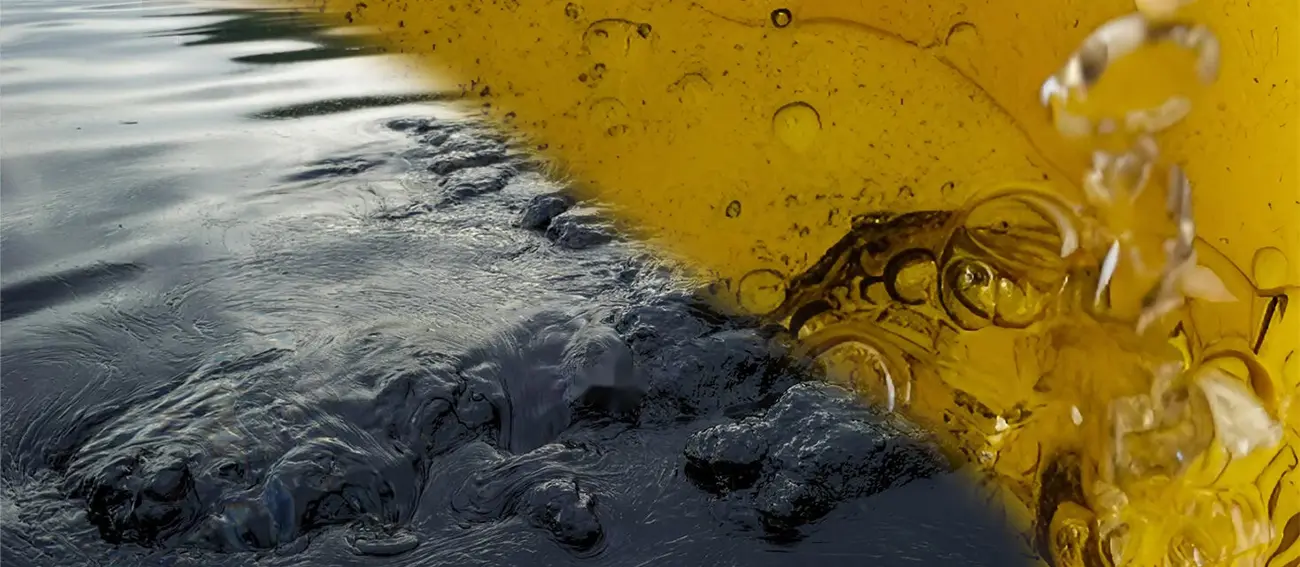Thermal desorption technology, specifically when applied to oily waste, has become an effective method for the recovery and treatment of hazardous materials. The process utilizes heat to separate and remove contaminants, allowing for the recovery of valuable byproducts while mitigating environmental risks. However, to ensure optimal performance and safety, several precautions must be considered when implementing thermal desorption units (TDU) for oily waste processing.
Before initiating the thermal desorption process, it is crucial to understand the composition and characteristics of the oily waste being processed. Different types of oil-containing materials—such as industrial sludge, spent oils, or contaminated soils—present varying levels of viscosity, volatile content, and contaminant concentration. The ability to accurately assess these characteristics ensures that the thermal desorption system can be optimized for the specific waste stream.
Improper material characterization can lead to inefficient treatment, insufficient contaminant removal, and the production of suboptimal byproducts. Moreover, some materials may contain toxic heavy metals or other harmful substances that require specific handling to prevent environmental damage. Therefore, a detailed analysis of the waste composition, including chemical and physical properties, should be carried out before introducing it into the TDU system.

Temperature control is one of the most critical aspects of the thermal desorption process. The oil sludge treatment plant relies on precise temperature regulation to break down complex hydrocarbons in the oily waste. If the temperature is too low, the desorption process will be incomplete, leading to unprocessed contaminants. On the other hand, excessive temperatures can result in the thermal degradation of valuable byproducts, such as oil, or potentially lead to hazardous conditions like the formation of toxic gases.
Continuous monitoring of the temperature at various stages of the thermal desorption process is essential to maintaining optimal conditions. Modern TDUs are equipped with advanced sensors and control systems that allow operators to adjust the temperature in real-time. Maintaining a consistent temperature profile ensures the effective separation of oil from the waste without compromising the quality of the resulting products.
The thermal desorption of oily waste generates several byproducts, including recovered oil, treated solids, and off-gases. Each of these byproducts must be handled with care to avoid safety hazards and ensure that the process remains environmentally friendly.
Recovered oil can be used as fuel or refined for other industrial applications. However, the oil must be free from impurities, such as heavy metals or toxic compounds, to ensure it is suitable for reuse. Filtration and purification processes may be necessary before it can be integrated into the energy production chain or further processed for commercial use.
The solids left behind after thermal desorption must also be carefully managed. These residues can sometimes contain trace amounts of contaminants that need to be handled according to local environmental regulations. Proper disposal or further treatment of the residual solids is required to prevent contamination of land or water sources.
Off-gases produced during the thermal desorption process can include volatile organic compounds (VOCs), sulfur compounds, and other harmful substances. To mitigate these emissions, TDUs are often equipped with gas treatment systems, such as scrubbers or thermal oxidizers, to neutralize toxic gases before they are released into the atmosphere. Ensuring that these systems are properly maintained and functioning optimally is critical for minimizing environmental impact.
Like any industrial equipment, TDUs require regular maintenance to function efficiently. Routine checks on the heating system, pressure gauges, filtration units, and gas treatment systems are essential for the longevity and effectiveness of the unit. Neglecting maintenance can lead to equipment malfunctions, higher energy consumption, and the potential for system failure.
Additionally, regular calibration of the temperature control systems and sensors is necessary to ensure accurate readings and maintain consistent performance. Any deviation from the ideal temperature range can result in incomplete desorption, unprocessed contaminants, or compromised byproduct quality.
Scheduled maintenance and calibration protocols, backed by a skilled maintenance team, are crucial to keeping the TDU running at peak efficiency and avoiding costly downtime. Operators should also keep detailed records of maintenance activities, inspections, and performance metrics to ensure compliance with regulatory standards and to troubleshoot potential issues.
In some cases, oily waste materials may require preprocessing before being fed into the TDU system. Large particles, solid debris, or particularly viscous oils can obstruct the flow of material through the unit and cause uneven heating or inefficient desorption. Preprocessing, such as shredding, filtering, or dehydrating the waste, can improve flow characteristics and increase the efficiency of the thermal desorption process.
For example, reducing the particle size of the waste allows for more uniform heating and ensures that the waste is exposed to heat more effectively. In some instances, a pre-heating stage can be used to raise the temperature of the waste before it enters the TDU reactor, further optimizing the desorption process.
Given the potential risks associated with oily waste processing, adherence to local and international environmental regulations is essential. Regulations concerning air emissions, waste disposal, and water contamination must be strictly followed to ensure that the TDU system operates within the legal boundaries. Environmental impact assessments and permits may be required for certain types of waste or processing methods.
Operators must stay up-to-date with the latest regulatory developments and ensure that their TDU systems are compliant with all relevant laws. Failure to comply can result in significant fines, legal actions, and environmental damage.